Discuss the use of colour. Why is the man sitting next to the bed in the darkness? Has he been asleep? How does he feel about the clown in these pictures? (above)
Below we can see that the farmer is happy that the clown is reunited with his family. The final picture is my favourite
0 Comments
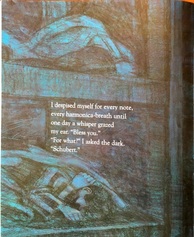
Henry plays Schubert as his heart is breaking, by some 'terrible miracle' he is heard playing by the camp commandment who each night after making him play tosses him some meagre food. This makes Henry feel guilty, guilty that he is playing beautiful music for such a monster but also because he is 'getting bread while others starved to death.' He feels sick to his stomach with guilt until one night the other prisoners thank him for bringing the beauty of the music into their sad existence.
Click an image to enlarge
Alternative children's books with similar themes.
Part 2 of the book is Black's opus, his lifetime's work; 'The Codex Extinct Animalia.' A collection of anatomical drawings illustrating the anatomy of mythical creatures from throughout history. Black developed a strange and morbid curiosity of these creatures believing that they were the 'anatomical ancestors of humankind.' A truly exciting and interesting read followed by a collection of mind-blowing art work.
I would possibly use this book to inspire some fictional biographies, Dr. Frankenstein for example. I would love to know how you might use it in the classroom. 'Take away the A' by Michael Escoffier and Kris Di Giacomo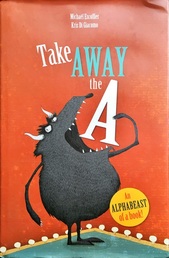 This book is fun! The premise behind it is a word game. Can you take away a letter from a word to make another? For example if you take C from Chair you get her. If you take S from She you get He. The authors have managed to find an example for every letter in the alphabet. (there are some examples below) and create amusing sentences out of them. This could be a great challenge for your class - perhaps as a game to play with their spelling lists.
|
Rob SmithI have been buying books for years now so I thought I should start sharing them. There will be a mix of children's books and teacher reference/ pedagogy books. ArchivesCategories
All
|
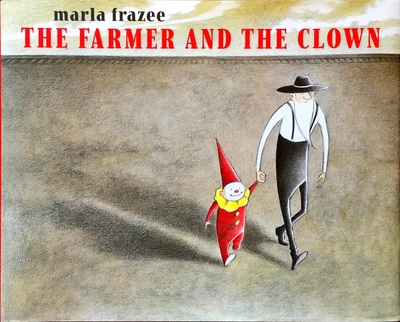
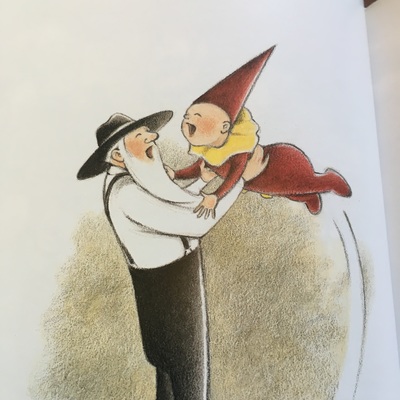
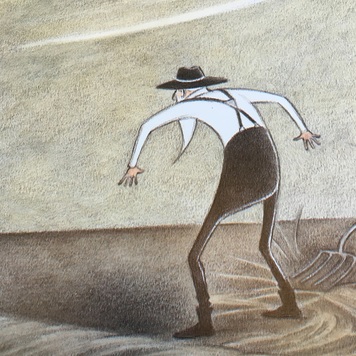
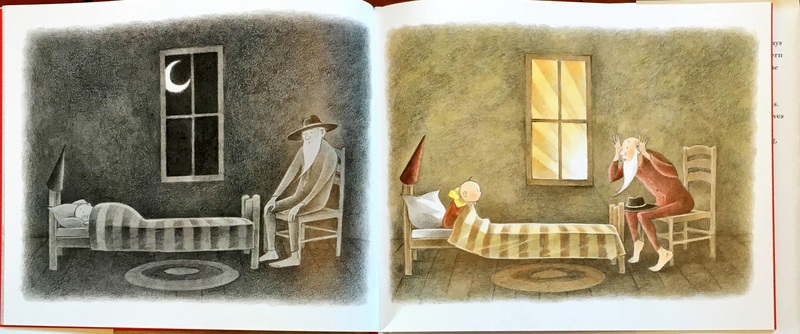
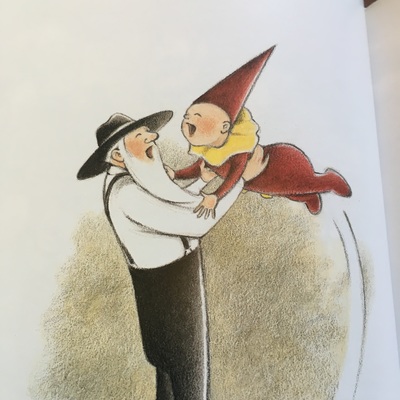
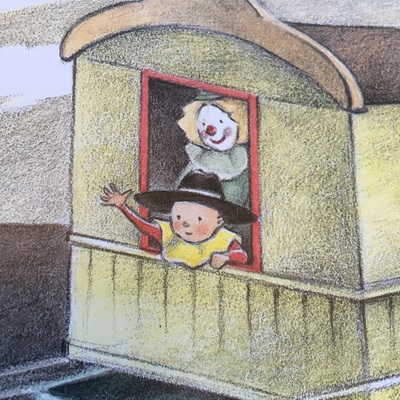
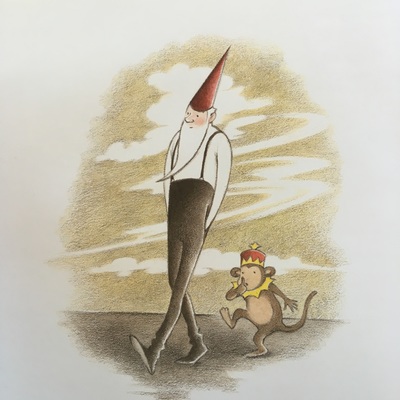
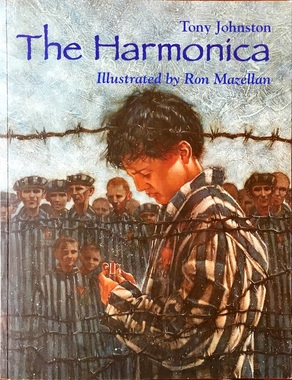
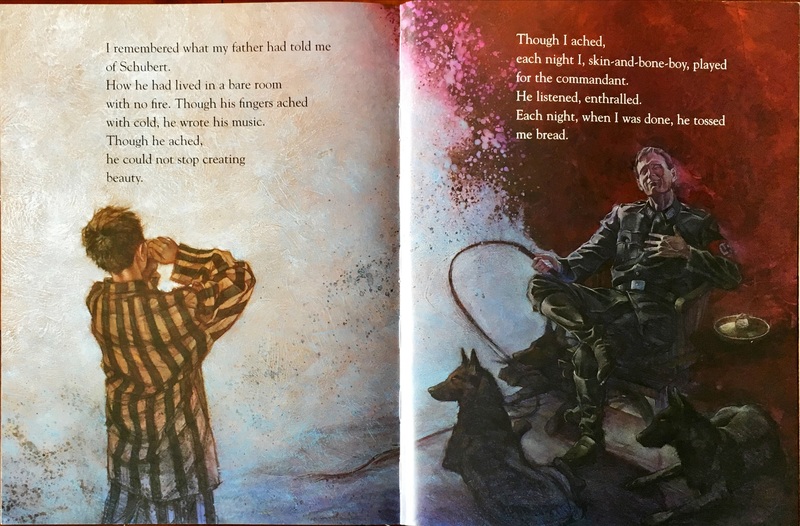
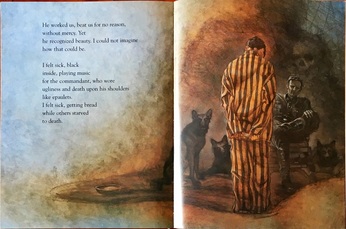

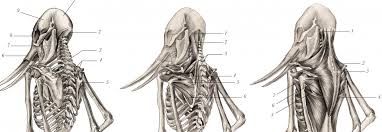
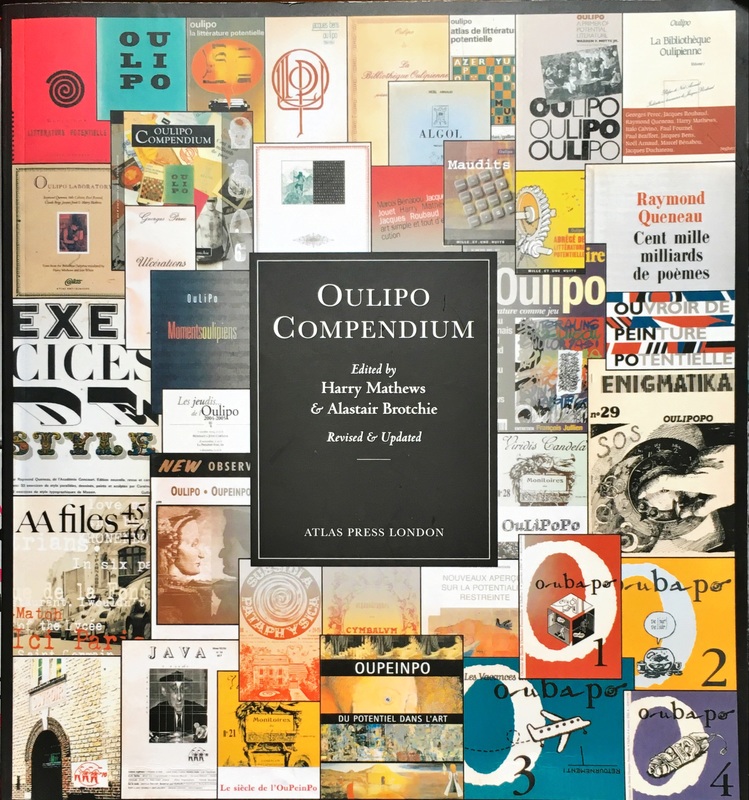
 RSS Feed
RSS Feed
